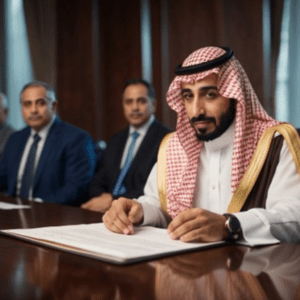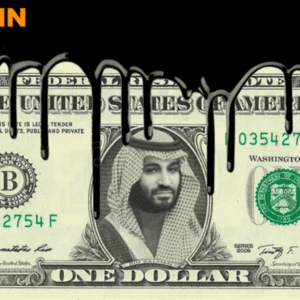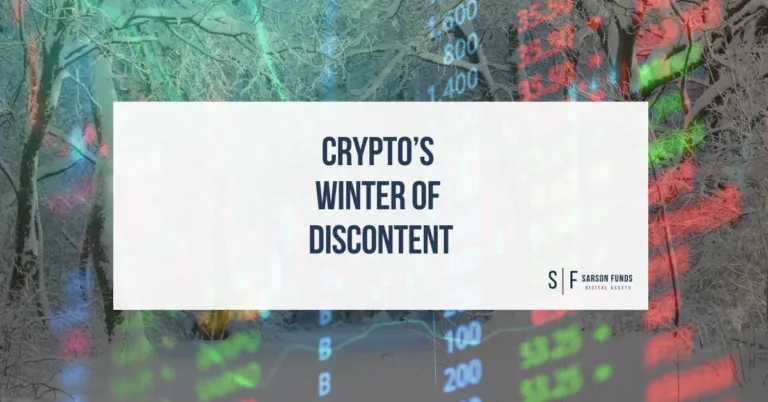
Saudi Arabia Ended 50-Year Petrodollar Agreement, Signaling Global Financial Shift
Saudi Arabia ended its 50-Year Petrodollar Agreement with U.S., marking the conclusion of an economic pact that has significantly influenced global financial markets since 1974. This landmark agreement, established shortly after the U.S. abandoned the gold standard, mandated that Saudi oil exports be priced exclusively in U.S. dollars. In return, the United States provided military support and benefited from Saudi Arabia’s surplus oil revenues invested in U.S. Treasury bonds.
Shifting Energy Dynamics and Currency Diversification
The expiration of this agreement on June 9, 2024, highlights Saudi Arabia’s strategic shift amid evolving global energy dynamics. This decision signifies a move away from the traditional economic framework that solidified the U.S. dollar’s dominance as the world’s primary reserve currency. Now, Saudi Arabia plans to price oil exports in multiple currencies, including the Euro, Yen, Yuan, and Bitcoin, reflecting the changing energy landscape and the rise of renewable energy sources.
Potential Economic Impact
Economists predict mixed short-term effects but significant long-term implications from the end of the petrodollar agreement. Consequently, the move could reduce global demand for dollars, potentially leading to higher inflation, increased interest rates, and a weaker U.S. bond market. This poses challenges for American economic policymakers who have long relied on the dollar’s hegemony in global oil transactions.

Embracing Digital Currencies
Saudi Arabia’s shift to digital currencies aims to modernize its financial infrastructure and reduce traditional economic reliance. Participating in Project mBridge, which develops a digital currency platform for central banks, shows Riyadh’s embrace of financial innovation. Sarson Funds CEO John Sarson believes trading oil in Bitcoin could greatly impact the crypto market, potentially raising Bitcoin’s price to $100,000.
Conclusion
The expiration of the petrodollar agreement marks a transformative moment in global finance. Saudi Arabia’s decision to diversify its currency basket for oil transactions and embrace digital currencies signifies a strategic departure from traditional economic frameworks, posing new challenges and opportunities for the future.
Disclosures: Not investment advice. The Author, Sarson Funds, Inc. and its affiliated managers may hold positions in the projects mentioned. Talk with your financial advisor before making any investment decisions or have them contact Sarson Funds directly at [email protected]









